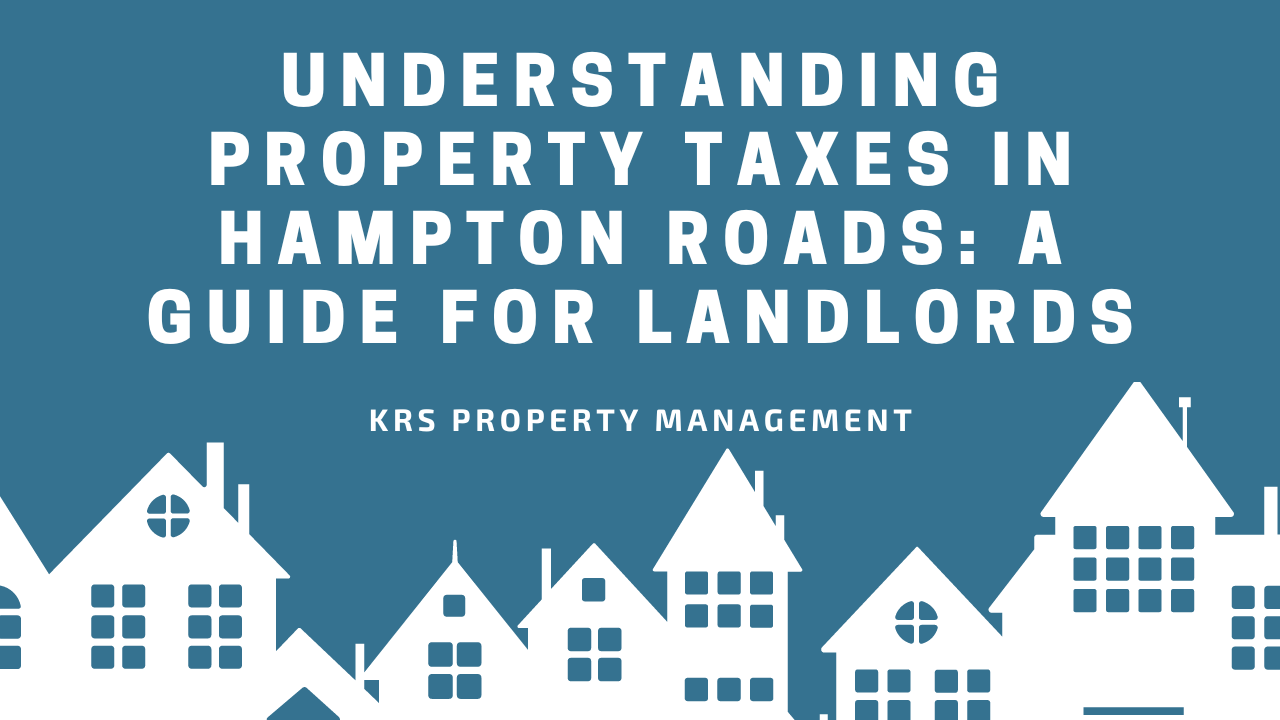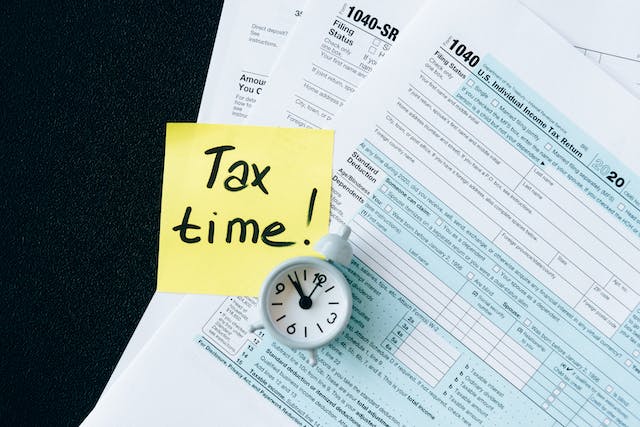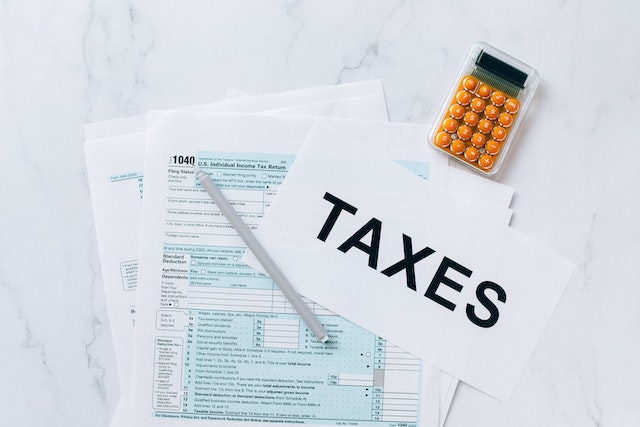
Key Takeaways
Understanding rental property taxes is essential for budgeting and financial planning, as they are recurring expenses based on the assessed fair market value of your property and the local property tax rate. Landlords in Virginia must account for potential increases due to property improvements or reassessments to protect their rental income.
Local tax rates and assessment practices vary across cities and counties in Hampton Roads, meaning your personal property tax obligations can differ significantly depending on location. Since taxes are calculated from the property's assessed value, they directly impact your revenue from rental operations.
Staying informed, budgeting wisely, and seeking professional assistance can help landlords manage their tax responsibilities efficiently. Appealing over-assessments and understanding available personal property tax relief programs and deductions can further reduce your tax liability and improve the net income from your Virginia rental business.
As a landlord in Hampton Roads, Virginia, understanding rental property taxes is crucial to managing your investment effectively. Taxes can significantly impact your rental income, so staying informed and prepared is essential.
At KRS Holdings, our business is to simplify the complexities of investment and rental property ownership, and we're here to provide you with a comprehensive guide to understanding taxes in Hampton Roads.
What Are Rental Property Taxes?
Property tax in Hampton Roads, is a levy imposed by local governments on real estate properties. These taxes are crucial for funding essential services that benefit the community.
In Hampton Roads, Virginia, rental property tax revenue pays for the maintenance and operation of public schools, ensuring that local children receive quality education in each city and county.
They also support the development and upkeep of city infrastructure, such as roads, bridges, and public transportation systems, which are vital for Virginia's connectivity and growth. Revenue from these Virginia taxes also funds the police and fire departments, ensuring public safety and emergency response readiness across the county.
The amount a person pays is typically based on the assessed value of their rental property and to pay the local property tax rate, which can vary across cities and counties within Hampton Roads, Virginia.
How Are Property Taxes Calculated?
In Hampton Roads, Virginia, taxes are calculated through a straightforward process that involves assessing your property's value and applying the local tax rate. Here’s a step-by-step breakdown to help you understand how it works and how to pay:

Step 1: Assessing Property Value
First, the local government assesses the value of your rental property. This assessment is done by a tax assessor who estimates how much your rental property is worth based on various factors, such as the size of your home, the land it’s on, the current fair market value and conditions, and recent sales of similar rental properties in your city and county.
This assessed value is crucial as it forms the basis for your calculations.
Step 2: Determining the Tax Rate
Next, each city or county in Hampton Roads, Virginia, sets its own tax rate, which is usually expressed as a certain amount per $100 of assessed value that is to be paid.
For example, a common tax rate might be $1.20 per $100 of assessed value. These rates can vary significantly from one locality to another, reflecting the different budgetary needs and priorities of each area.
Step 3: Calculating the Tax
Finally, to determine your rental property tax bill in Virginia, you multiply the assessed value of your rental property by the local tax rate. Here’s a simple formula:
Tax = (100/Assessed Value) × Tax Rate
For instance, if your home is assessed at $200,000 and the tax rate is $1.20 per $100, the calculation would be

Tax = (100/200,000) × 1.20
= 2,000 × 1.20
= 2,400 dollars
In this example, you would owe $2,400 for the year.
Why Understanding Property Tax Calculation Matters
Knowing how your taxes are calculated is important for several reasons. It helps you understand your annual personal property tax bill and budget accordingly. If you believe your tangible personal property has been over-assessed, understanding this process gives you the information you need to contest the assessed value.
It’s also useful for prospective Virginia landlords, any person or investment property owners who want to estimate the potential obligations before purchasing a home in Hampton Roads.
By breaking down the calculation process, homeowners and rental property owners can better grasp how their contributions support vital services within the city, making Hampton Roads, Virginia, a better place to live. It also helps landlords calculate the gross proceeds of their rental income.
Key Factors Affecting Real Estate Taxes in Hampton Roads
Location: Different cities and counties within Hampton Roads have varying rental income tax rates. For example, Virginia Beach, Norfolk, Chesapeake, and Newport News each have their own rates and assessment practices. It's important to know the specific rates for the city or county where your property is situated.
Rental property Improvements: Any improvements or renovations that increase your property's value can lead to higher assessed values and, consequently, higher rates. This includes additions like new rooms, garages, or significant upgrades.

Rental Property Reassessments: Local governments periodically reassess rental properties to ensure tax assessments reflect current market values. In Hampton Roads, Virginia, reassessments typically occur every two to six years, depending on the city or county. A significant change in property values in your city or county can impact how your property is assessed and much tax you pay.
Exemptions and Relief Programs: Certain exemptions or relief programs may be available to reduce your rental tax burden. These can include homestead exemptions, senior citizen discounts, or programs for veterans. It’s worthwhile to explore if any deductions or exemptions apply to your situation.
Managing Property Tax as a Landlord
Budgeting: These are recurring expenses, so it’s essential to budget accordingly. Factor in potential increases and deductions due to reassessments or property improvement costs when planning your finances.
Appealing Assessments: If you believe your personal property has been over-assessed, you have the right to appeal the assessed value. Each locality has a process for appeals, usually involving a review board or assessor’s office. Provide evidence, such as recent comparable sales, to support your case.
Staying Informed: Keep up-to-date with both Virginia and Hampton Roads government announcements regarding tax regulations, rates, reassessments, deductions, and potential changes to tax laws. Being proactive can help you anticipate and plan for changes in your obligations.

Professional Assistance: Partnering with a rental management business like KRS Holdings can provide you with valuable insights and assistance in managing your finances. We stay up-to-date with local tax laws and can help you navigate the complexities, ensuring you remain compliant and optimized for financial efficiency.
Conclusion
Understanding taxes and the local laws governing them is vital for landlords in Hampton Roads, Virginia. By staying informed about how real estate taxes are calculated and assessed, what factors influence them, what deductions and exemptions you qualify for, and how to manage them effectively, you can better protect your investment and optimize your rental income.
At KRS Holdings, we’re here to support you with expert advice and comprehensive rental management services tailored to the unique needs of each of your rental properties. If you have questions about your personal property tax rates or real estate tax, contact us today.
For more information on how we can assist you with all aspects of property management, contact us today. Let our business be your trusted partner in successful rental property ownership.






